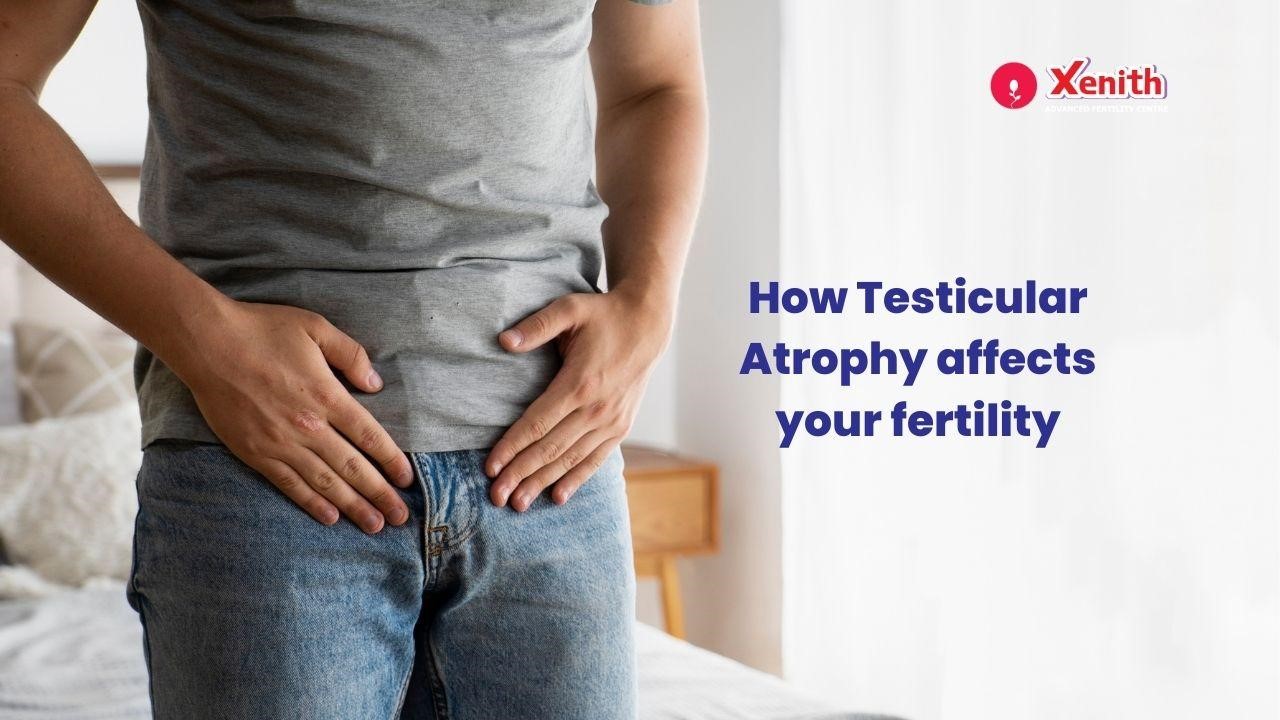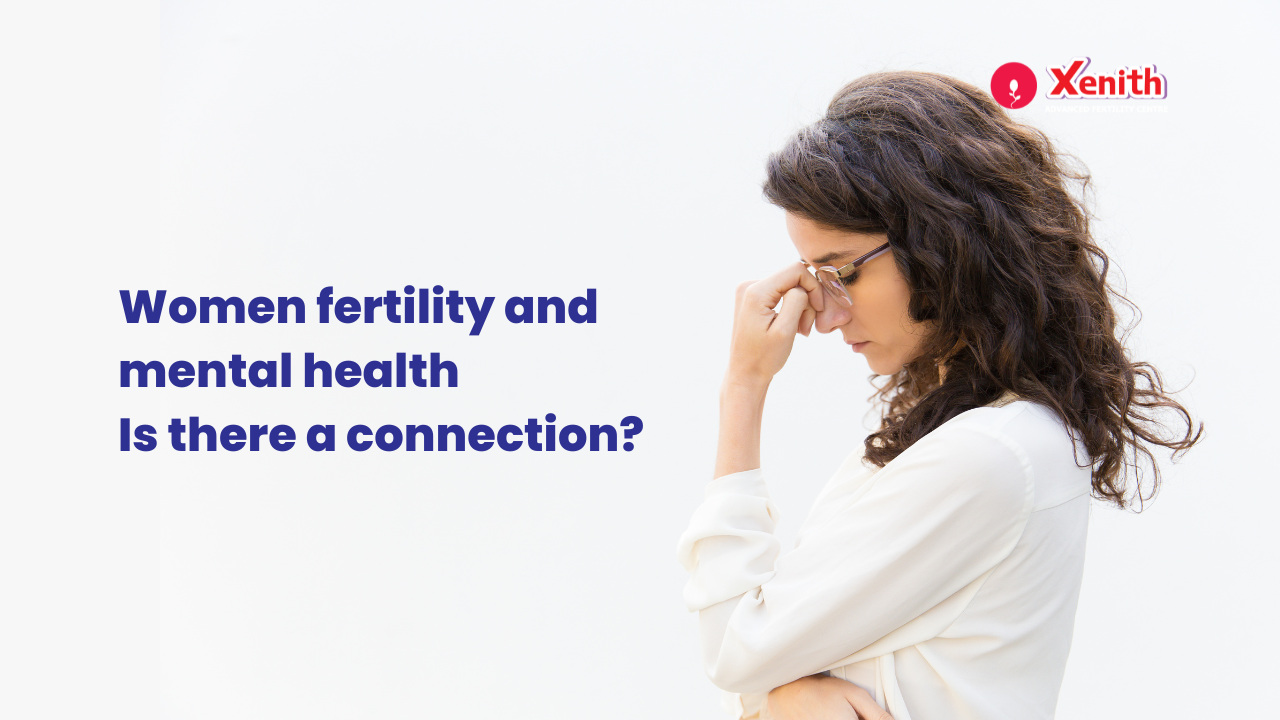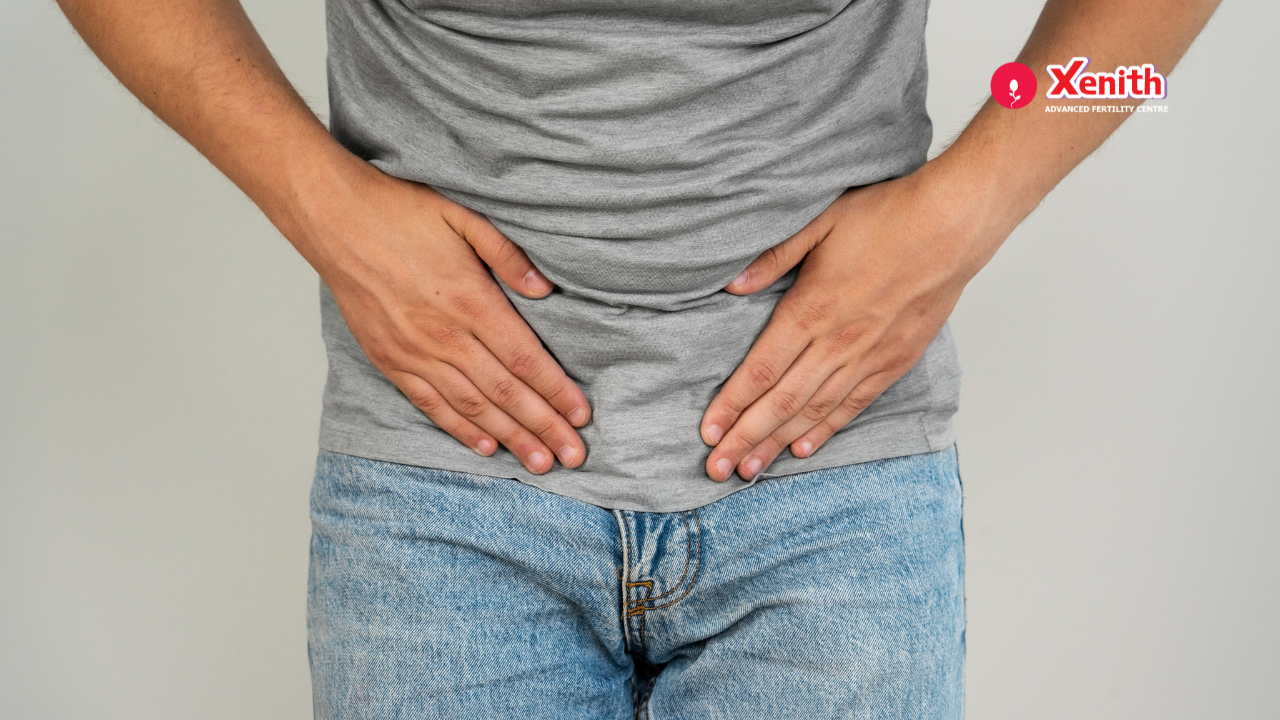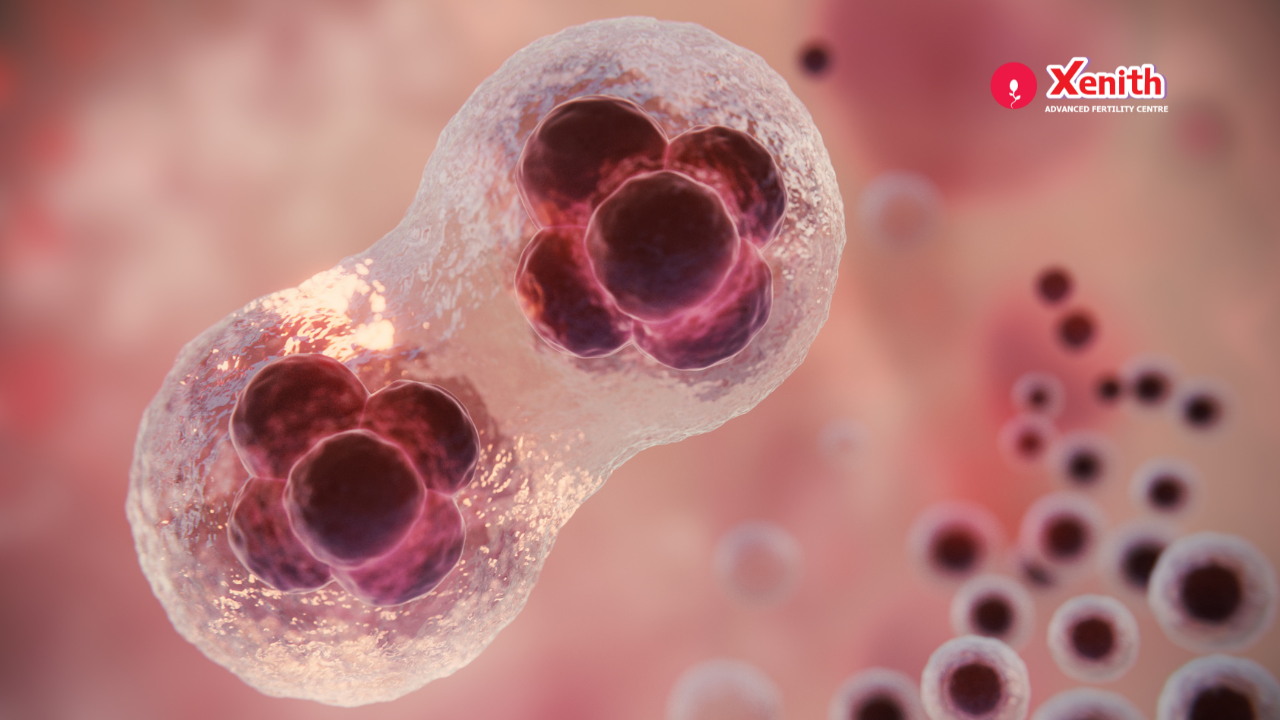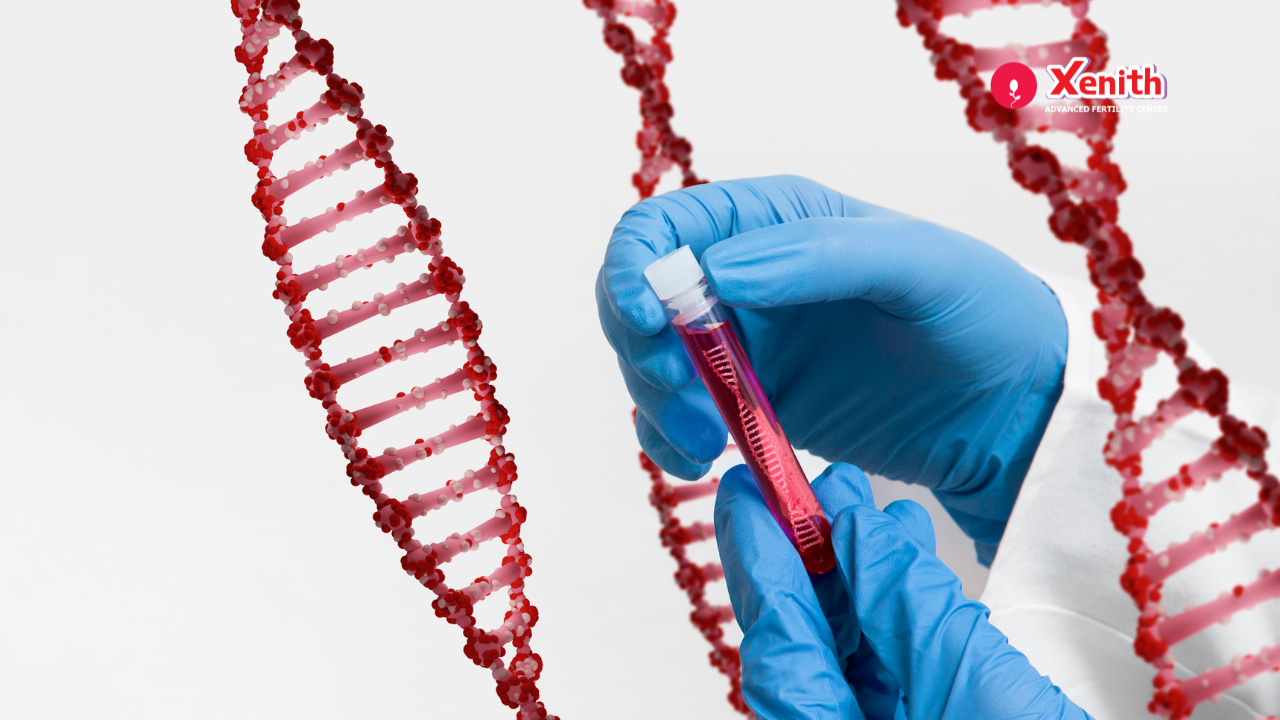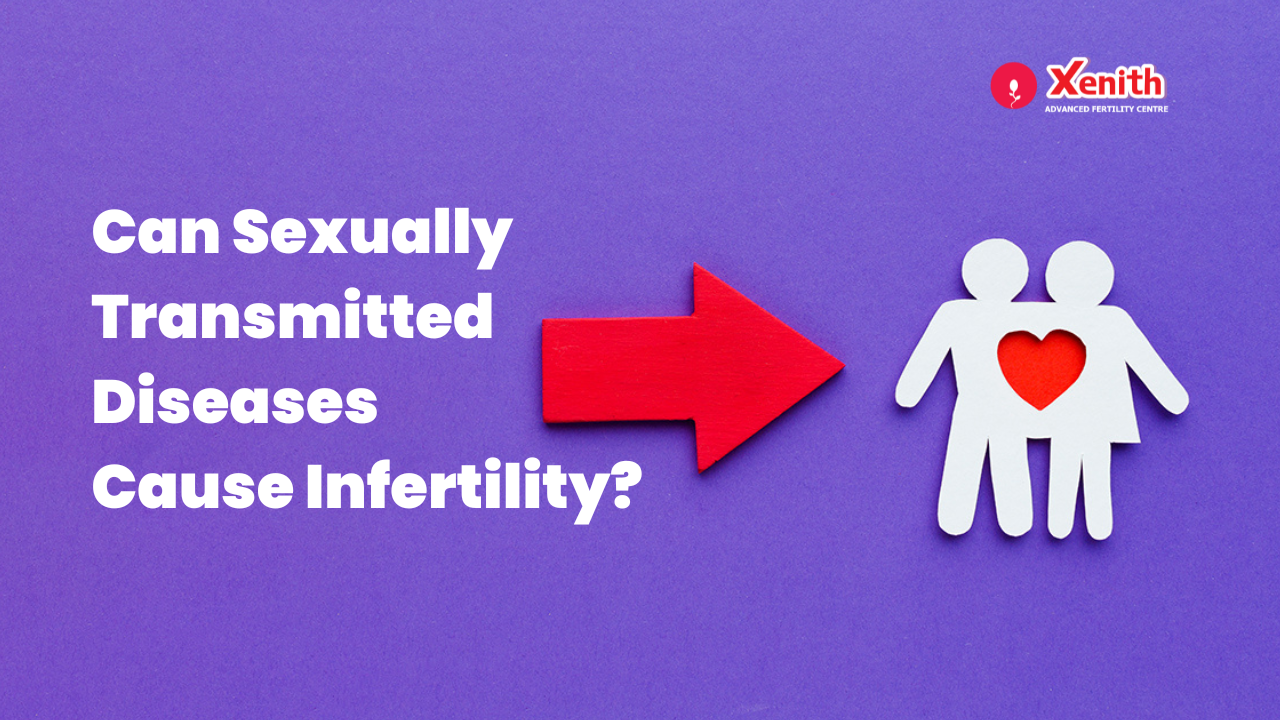Male Infertility: How Testicular Atrophy affects your fertility
Testicular atrophy occurs when the testicles have shrunk or reduced in size. Testicles are the 2 oval shaped reproductive organs enclosed within the scrotum located behind the penis. The scrotum itself can control the temperature around the testicles by shrinking…

